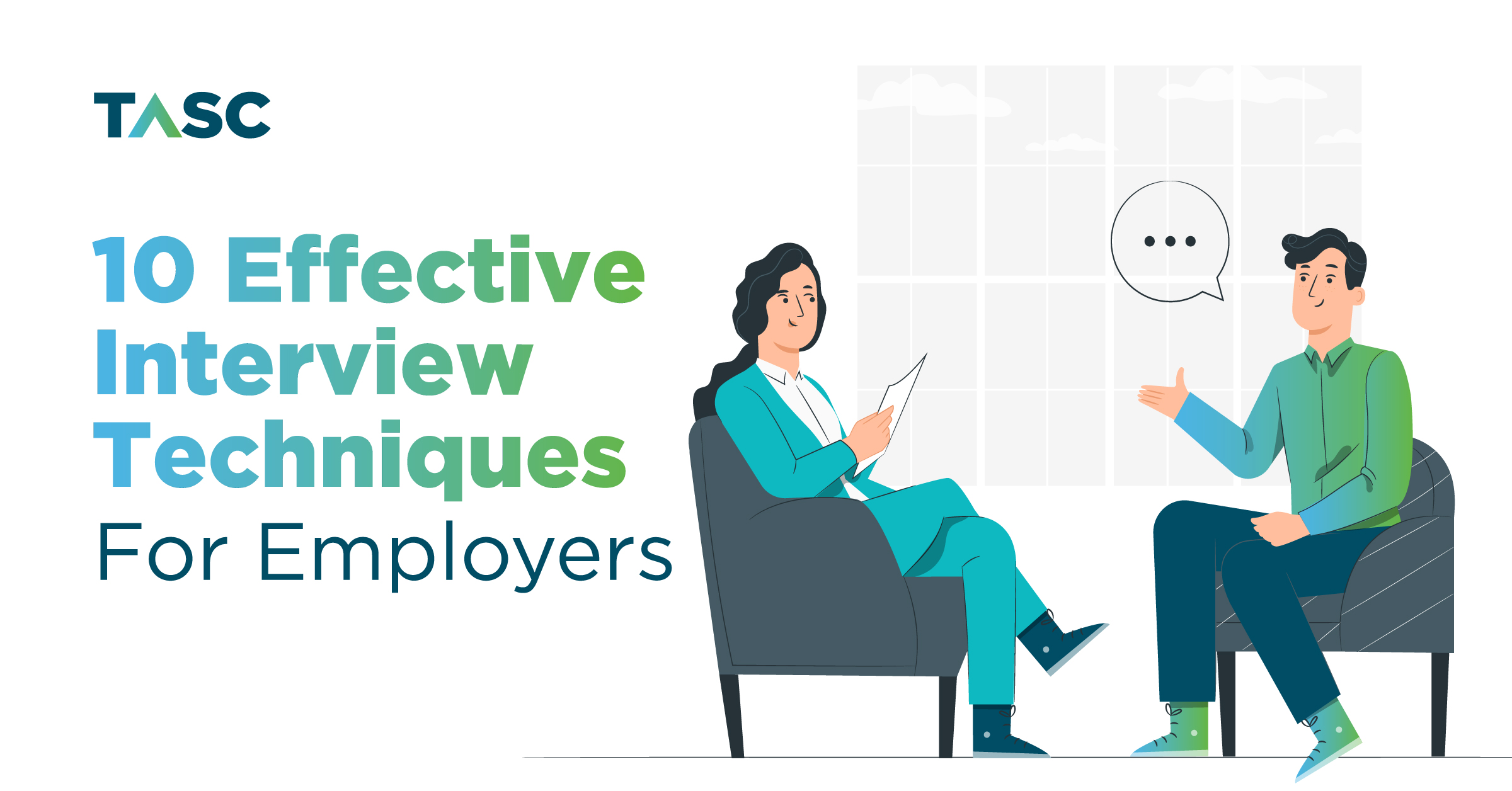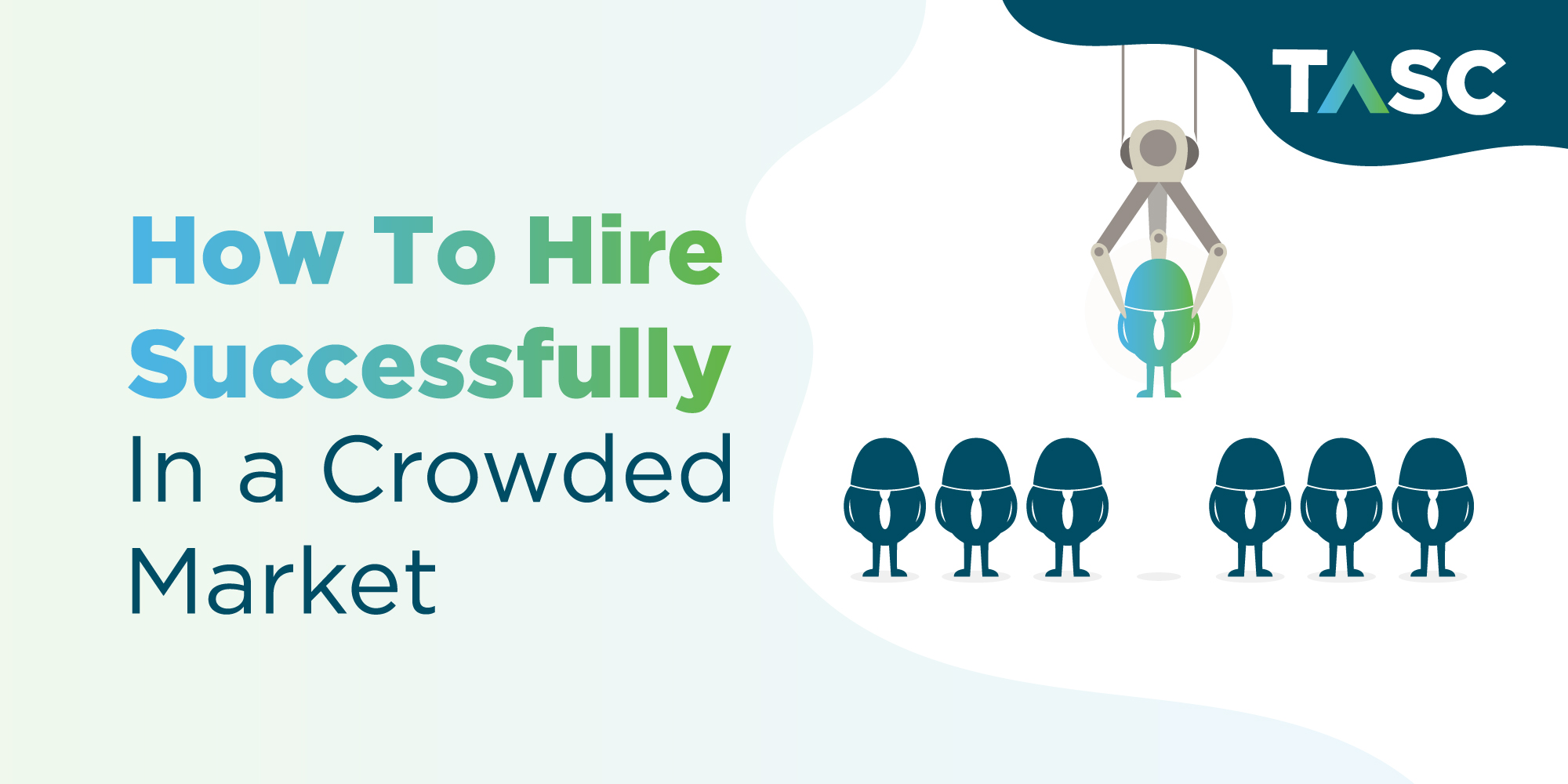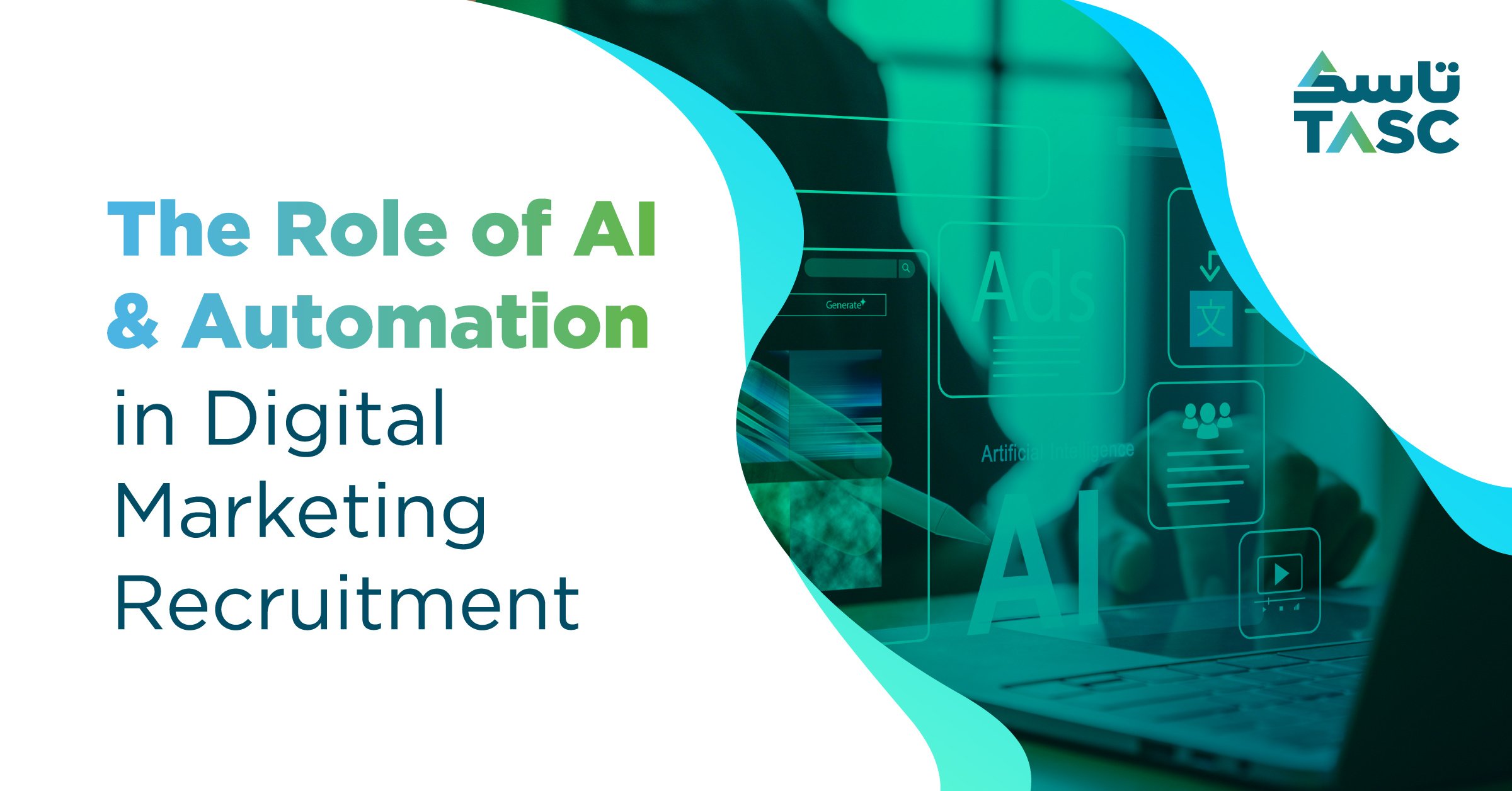10 Effective Interview Techniques for Employers
A job interview isn't merely a conversation – it's a pivotal moment to assess a candidate's fit for a role and your company. Beyond the typical questions, how you conduct an interview can significantly impact the outcome.
By embracing top-tier employer interview techniques, you not only enhance the empoyee experience but also fosters the selection of the right candidate for your organisation.
Moreover, since this interaction forms a candidate's initial perception of your company, its influence can extend throughout their entire tenure.
Why Are Better Interview Techniques Important?
Although employee experience is a paramount reason for refining interview techniques, the impact goes even further. The ultimate objective of an interview is to identify the ideal match for both the job and the organization.
Achieving this entails swiftly and effectively gleaning information from the candidate in a high-pressure, time-sensitive environment. The skill to extract pertinent information from interviewees proves invaluable.
What Are The Different Kinds Of Job Interviews?
The path you choose in conducting interviews significantly shapes the techniques at your disposal. Tailoring your approach to a group interview differs from that of a remote interview.
The selection of a job interview style hinges on your assessment priorities, aligning with what you aim to gauge from candidates.
Keep in mind that these styles aren't exhaustive, often overlapping in practice.
Group Interviews: Ideal for swiftly hiring numerous employees or swiftly filling positions, group interviews offer distinct advantages. These setups minimize cost and time, showcasing candidates' skills in group activities and highlighting traits like leadership and teamwork. Yet, the impersonal nature limits applicability to specific roles and necessitates adept interviewers.
Panel Interviews: In roles connected to multiple facets, panel interviews facilitate candidates' interactions with diverse stakeholders. This format showcases adaptability as candidates engage with varying personalities, hierarchies, and roles. Time-efficient, it offers numerous perspectives, though the power dynamic and limited interaction duration can pose challenges.
Remote Interviews: While the pandemic initially pushed companies to remote interviews, their sustained adoption underscores their advantages. Reducing cost and time investments, remote interviews extend reach and flexibility, though technology reliability and rapport-building remain concerns.
Case Interviews: Case interviews emulate real-world problem-solving, assessing candidate capabilities in practical scenarios. Evaluating both hard and soft skills, these interviews demand experienced interviewers and substantial time investments.
Competency-Based Interviews: By examining past experiences, competency-based interviews predict future performance. This format assesses required skills directly yet falls short in evaluating cultural fit and soft skills comprehensively.
Behavioural-Based Interviews: Parallel to competency-based interviews, behavioural-based interviews dissect soft skills and behaviours. Balancing familiarity with candidates and robust assessment, they still leave room for rehearsed answers.
Lunch Interviews: Offering an informal platform, lunch interviews extract candidates' authenticity in real-world settings. Enhancing rapport and interview experience, these encounters demand time investment and might intimidate candidates unfamiliar with the format.
How To Master Job Interviews?
Before the Interview -
Choosing The Perfect Setting
The environment in which you conduct an interview holds substantial influence. Opt for a serene location that fosters an uninterrupted conversation. Unless involving colleagues, ensure privacy to alleviate any apprehension of being overheard.
In traditional office settings, securing an interview room in advance is paramount. Alternatively, if your company culture permits, consider unconventional yet comfortable locations like cafes or lounges. In the case of retail or restaurant industries, quiet backrooms serve well. Conducting virtual interviews also brings advantages, enabling connections irrespective of geographical boundaries. Double-check all arrangements to ensure a smooth experience.
Strategically Crafting Questions
Prepare an exhaustive list of interview questions tailored to the job requisites and candidates' resumes. Tailor the number of questions according to the interview's length. For brief phone screenings, consider 5-10 questions; for more extensive in-person or video interviews, aim for 10-15 questions with 6-7 per hour.
Don't forget to incorporate open-ended behavioural questions, encouraging candidates to elaborate on their skills and experiences. Such an approach unveils critical thinking and communication prowess. Additionally, explore cultural, brain teaser, unique, and phone-specific questions. It's crucial to ensure legal compliance while devising fresh queries.
Thorough Review of Documents
Just before the interview, thoroughly analyse candidates' resumes and cover letters. It will empower you to recall essential details and guide focused inquiries during the conversation.
During the Interview -
Crafting a Comfortable Ambiance
Understanding that candidates often experience nervousness, strive to establish a welcoming atmosphere. Select a comfortable environment, such as a quiet cafe, depending on the interview style. Such a personalized approach fosters genuine connections from the outset.
Tapping Into Psychological Insights
Delving into basic psychological principles can greatly enhance candidate engagement –
- People tend to gravitate towards those with shared traits. Discover commonalities to create a relaxed atmosphere.
- Genuine compliments boost candidates' confidence.
Over time, as you refine your interview skills, pay attention to the nuances that resonate with candidates. Leverage this understanding to facilitate a genuine and comfortable dialogue.
Constructing Thoughtful, Open-Ended Questions
Infuse positivity into your questions by acknowledging achievements before inquiring. While maintaining open-mindedness, avoid questions with straightforward yes-or-no responses. Instead, encourage candidates to provide detailed insights.
Creating A Structured Conversation
Implementing an interview structure guarantees comprehensive coverage within the allocated time. Begin by outlining your company's background and the role's specifics. Follow this with a sequence of questions before inviting candidates to pose their inquiries. Clearly communicate the interview's progression to eliminate surprises that could derail the process.
Embracing Active Listening
Exemplary listening skills are essential, as interviewers might inadvertently overlook vital remarks while mentally preparing their responses. While candidates speak, closely analyse their language. Determine if their answers seem rehearsed or genuinely reflective of their experiences.
Leveraging The Power of Silence
Though it may feel awkward, allowing moments of silence encourages candidates to share additional insights. This technique, akin to practices used by journalists, effectively prompts candidates to provide more in-depth responses.
Confirming The Path Forward
Conclude interviews by outlining the subsequent steps and expressing gratitude for the candidate's time. Specify the communication date and method, and ensure you honour your commitment to respond by the designated date. It is a professional gesture that reflects positively on both you and your organization.
Streamline Your Recruitment & Onboarding Process With TASC
In a rapidly changing business environment, mastering the art of the interview can be the differentiator between mediocrity and excellence. Remember, an interview is not just a step in the hiring process—it's a strategic tool that can determine your business's direction for years to come. While in-house teams play a pivotal role in this, there's unparalleled value in seeking external expertise.
TASC Outsourcing, a front-runner in the recruitment industry in Dubai,offers a suite of services from contractual staffing to C-level recruitment. By collaborating with TASC, you empower your business with access to premier talent and unmatched HR services, giving your in-house team the bandwidth to concentrate on the core. Navigate the competitive Dubai business realm with confidence.
Reach out to us today and let our proven track record in employee retention and recruitment become the wind beneath your business's wings.





